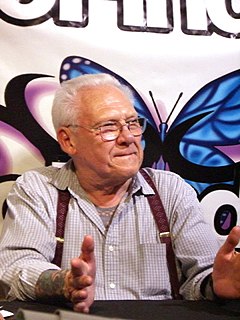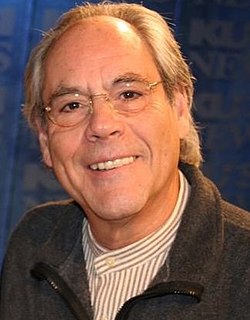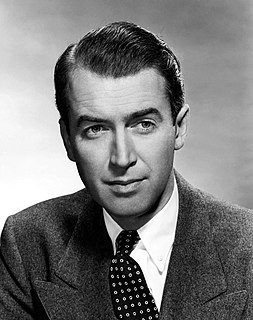A Quote by Edward Abbey
When a writer has done the best that he can do, he should then withdraw from the book-writing business and take up an honest trade like shoe repair, cattle stealing, or screwworm management.
Related Quotes
That underscored this idea that when we're reading a book or writing a book, you're in an act of co-creation. The reader and the writer are both trying to dress up and present their best selves and then there's that moment, when suddenly, as a reader, you're not exactly you anymore, and likewise, as a writer, you're not really you.
My work is very dear to me, and certainly I have had all the emotional highs and lows that go with trying to get it to an audience. But I do have some kind of detachment that seems somewhat unusual in my trade. I'm a writer who writes every day. I don't have a period of months where I can't get anything done and I wander around tearing my hair out. When I come back from a book tour, for instance, I might have one day where I sleep late and then check my e-mail, and then go for a walk, and then the next day I'm really itching to get back at writing a story.
The wise screen writer is he who wears his second-best suit, artistically speaking, and doesn't take things too much to heart. He should have a touch of cynicism, but only a touch. The complete cynic is as useless to Hollywood as he is to himself. He should do the best he can without straining at it. He should be scrupulously honest about his work, but he should not expect scrupulous honesty in return. He won't get it. And when he has had enough, he should say goodbye with a smile, because for all he knows he may want to go back.
It's insane to be a writer and not be a reader. When I'm writing I'm more likely to be reading four or five books at once, just in bits and pieces rather than subjecting myself to a really brilliant book and thinking, "Well what's the point of me writing anything?" I'm more likely to read a book through when I take a break from writing.
I'm an indulgent writer - I'm not sure, however, that's something I'm interested in changing. Writing should be indulgent: you should take big risks on the page, you should make big mistakes, you should be excessive at times. I let myself do as a writer what I probably would be less likely to allow as an editor.

































